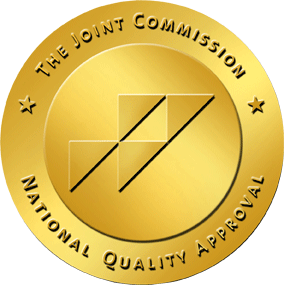Eating disorders are complex mental health conditions that can have serious physical and emotional consequences. If you suspect that someone you care about is struggling with an eating disorder, it’s natural to feel concerned and unsure about how to best support them. Here are some steps you can take to help someone with an eating disorder:
1. Educate Yourself
Understanding eating disorders is the first step in providing effective support. Learn about the different types of eating disorders, their symptoms, and the underlying causes. This knowledge will help you approach the situation with empathy and insight.
2. Approach with Compassion
Starting a conversation about eating disorders can be challenging. Approach the individual with kindness, empathy, and without judgment. Express your concerns gently, focusing on their health and well-being rather than appearance or weight.
3. Encourage Professional Help
Encourage the person to seek help from a healthcare professional who specializes in eating disorders. Offer to assist them in finding a therapist, dietitian, or support group. Assure them that seeking help is a sign of strength, not weakness.
4. Be Patient and Supportive
Recovery from an eating disorder takes time and can be full of ups and downs. Offer your ongoing support and patience. Be there to listen, provide encouragement, and celebrate their progress, no matter how small.
5. Avoid Triggering Language
Be mindful of your language and avoid comments about weight, appearance, or food that could be triggering. Focus on the person’s qualities and achievements that are unrelated to their physical appearance.
6. Set Boundaries
It’s important to set boundaries for your own well-being. You are not responsible for the person’s recovery, and it’s okay to seek support for yourself as well.
7. Encourage Healthy Relationships with Food
Model a balanced and healthy relationship with food and exercise. Encourage eating for nourishment and enjoyment, rather than focusing on dieting or weight loss.
8. Be Informed About Resources
Familiarize yourself with local and online resources for eating disorder support. This can include helplines, support groups, and educational materials that you can share with the person including the following:
- National Eating Disorders Association (NEDA): NEDA offers a wide range of resources, including a helpline, online screening tools, and information on treatment options. Their website is www.nationaleatingdisorders.org.
- Eating Disorder Hope: This organization provides information on eating disorders, treatment options, and recovery tools. They also offer online support groups and forums. Visit their website at www.eatingdisorderhope.com.
- The Alliance for Eating Disorders Awareness: The Alliance offers educational programs, support groups, and resources for individuals and families affected by eating disorders. Their website is www.allianceforeatingdisorders.com.
- ANAD (National Association of Anorexia Nervosa and Associated Disorders): ANAD provides a helpline, support groups, and resources for individuals struggling with eating disorders. Check out their website at www.anad.org.
- Eating Disorders Resource Catalogue: This online resource offers a comprehensive list of books, websites, and treatment centers related to eating disorders. Visit www.edcatalogue.com for more information.
- International Association of Eating Disorders Professionals (iaedp): iaedp provides education and training for professionals, as well as resources for individuals seeking help. Their website is www.iaedp.com. Project HEAL: Project HEAL offers a range of resources, including a treatment grant program, peer support, and advocacy efforts. Visit their website at www.theprojectheal.org.
9. Respect Their Privacy
Respect the individual’s privacy and avoid discussing their eating disorder with others without their consent. Creating a safe and confidential space is crucial for their trust and comfort.
10. Know When to Seek Immediate Help
If you believe the person is in immediate danger due to their eating disorder, such as experiencing severe physical health complications, do not hesitate to seek emergency medical assistance.
Supporting someone with an eating disorder requires compassion, patience, and understanding. By educating yourself, offering non-judgmental support, and encouraging professional help, you can make a significant difference in their journey toward recovery.


